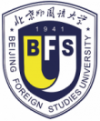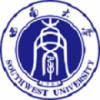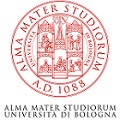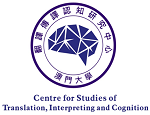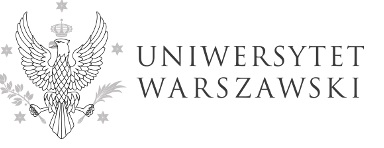This paper reviews psycholinguistic research on lexical translation equivalents to show how accumulating evidence constrained successive models of interlingual processing. Three stages are identified in the development of the field. First, in the foundational era, three initial models of interlinguistic associations were postulated. Second, during the take-off era, pioneering experiments assessed the involvement of conceptual representations in forward translation. Third, the ongoing expansion era witnessed the rise of the revised hierarchical model, which inspired research showing that word translation is modulated by directionality, L2 competence, and the stimuli’s concreteness level and cognate status. Two additional issues that surfaced in this third era are of particular importance to cognitive translatology: the impact of translation expertise on word translation and the exploration of the neural basis of translation. Finally, the main findings are summarized and their methodological implications for empirical research within cognitive translatology are highlighted.




